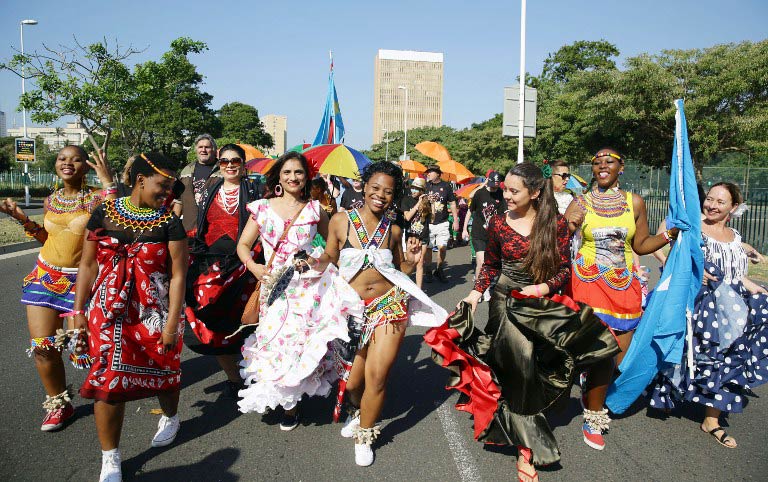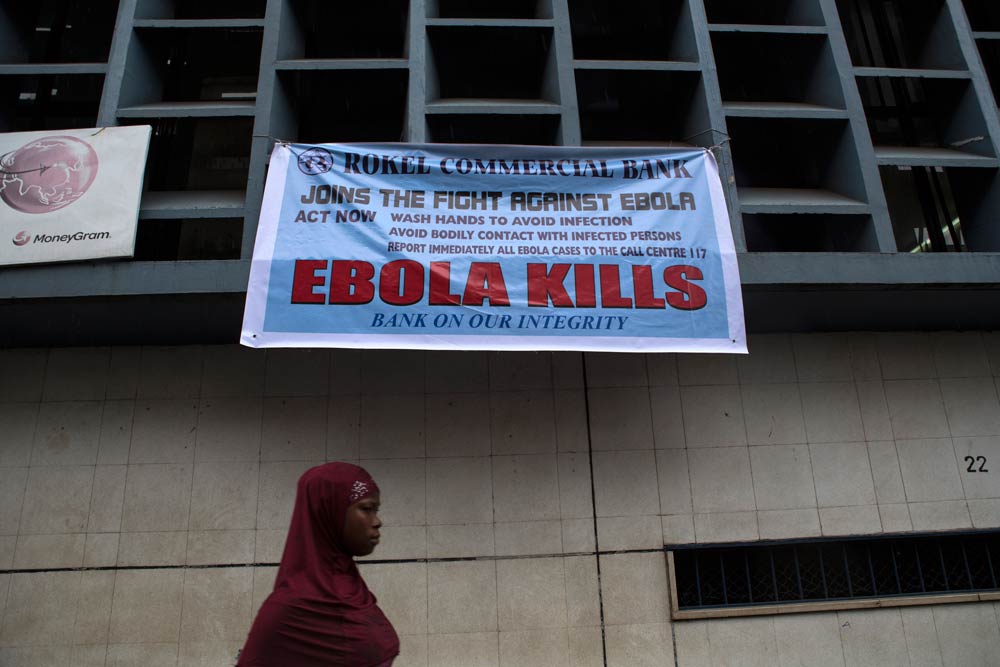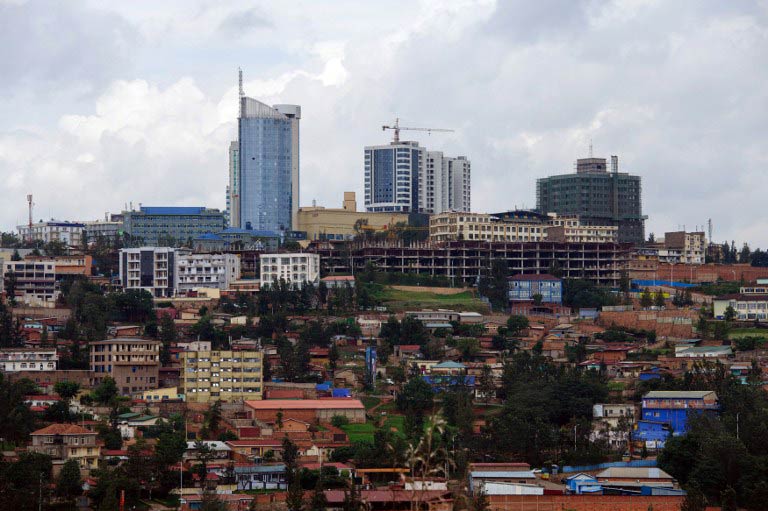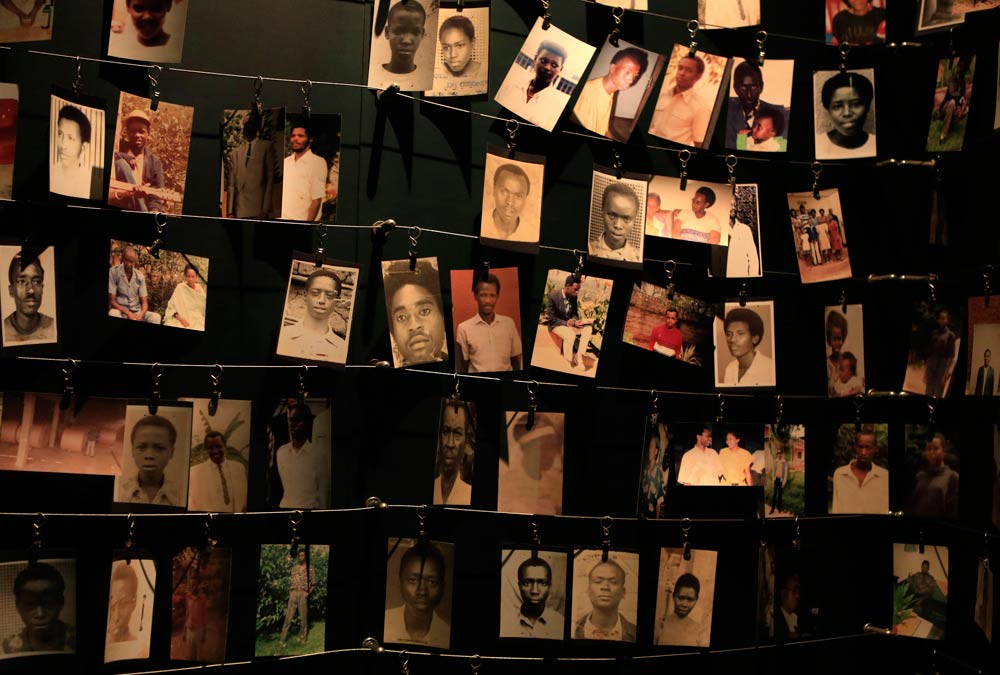
The African Union owes the citizens of African states an opportunity to gain true inspiration from their organisation. We have not been given that opportunity. The average educated African citizen sees the Union as a toothless dog barking at its problems, and if they surmount, merely burying them in Africa’s backyard, which I imagine is an abandoned desert filled with broken dreams. If this appears to be a dramatic analogy to you then allow yourself the chance to imagine what the uneducated citizen considers the African Union to be. Nothing. And no dramatised imagery can take that truth away.
Numerous articles have been written on the ineffectiveness of this organisation. Disaster after disaster has visited the member states of the African Union, while those involved in it appeared to do nothing more than shake their heads at the graveyard of missed opportunities. And who has suffered the most? The African people.
The purpose of the AU is to promote peace and security in Africa, but recent al-Shabab attacks in Kenya are thought by some to be a result of the mistakes made in the AU’s mission in Somalia which had an initial mandate of six months – yet close to eight years later, the operation remains active. The AU has also been accused of “regionalising local conflict”.
The purpose of the AU is to promote improvement in healthcare access for African citizens, but the Ebola crisis showed an organisation that seemed to insist on always remaining many steps behind local and international efforts to combat the epidemic.
The purpose of the AU is to promote Pan-African development. Since its founding in 2001, and despite the rise in trade-agreements between member states, intra-Africa trade has remained below 12%, an embarrassing figure when compared to Western Europe whose intra-continental trade clocks in at 80%. It is clear to even the most optimistic observer that African states just don’t take these agreements seriously.
More of these failings can be seen as you go down the list of objectives the AU set up for itself upon its birth. And every failure comes with its own excuse: low resources, pressure from the West, etc. But despite some of them being valid, the rest I chalk down to a blatant refusal to take this organisation where it should go as well as an obvious lack of faith in the vision that birthed the AU: the vision of a united and self-sufficient Africa.
How else can you explain the clumsy handling of regional conflicts? How else can you explain the slow response to healthcare disasters? How else can you explain the sheer lack of implementation of agreements between member states? How else can you explain how Africa can continue to produce almost entirely things it does not consume and consume things it doesn’t produce?
It is a complete lack of commitment to self-sufficiency, it is a complete lack of commitment to the vision of a united Africa.
To reject a vision is to reject the future. And what is more a sign of a rejected future than the African Union having a centenarian president as a representative of the youngest continent in the world? To reject youth is to reject the future.
And so far, I have seen very little being done to engage young people in the AU’s mission.
But something can be done. Schools all over the continent can energise young people by creating AU clubs. How they will go about it can be determined by the resources and abilities of their respective faculties. If the AU has shown us anything, it’s that this can’t be done with a top-down approach. It has to be a “grassroots” movement implemented by teachers and communities that do believe in the dream of a United Africa.
And nobody can tell me such a thing is beyond the abilities of the often poorly-funded schools that form the majority of education systems in Africa. If there can be debate clubs and science competitions, however under-resourced, there can be a model AU after-school club.
I am aware that a model AU conference takes place in South Africa from time to time, but such an occasion seems limited to the privileged few who can afford the tedious process of getting visas (another barrier to intra-Africa trade, unaddressed by AU) and funding.
But I am talking about the average African student, who naturally craves, as all young people do all over the world, to make a real difference: to matter. The poor children in rural schools who feel forgotten by the world are just the people we need to engage in the vision of a compassionate and prosperous AU.
If I sound like a dreamer it is because that’s just what the AU needs, young people like me filled with optimism and dreams, and how else shall the two meet if not by gaining familiarity in this fashion?
All over the world, the model UN conference operates and ignites passions in the souls of young people who are eager to feel involved. A continent-wide model AU program might be just what is needed to put into the minds of my peers that leading Africa is our rightful place and no amount of bureaucracy, corruption and poor resources will stop us from claiming it.
On Africa Day, the day we are supposed to celebrate Africa’s achievements since 1963, when 30 newly-independent and ambitious African states got together and birthed a vision of a prosperous continent, we have to realise that the AU owes us inspiration. But we will be damned if we wait for them to hand it to us. We must seize it for ourselves and push ourselves to victory.
Siyanda Mohutsiwa is a 21-year-old mathematics major at the University of Botswana. She is currently slumming it in Finland. Follow her on Twitter: @SiyandaWrites









